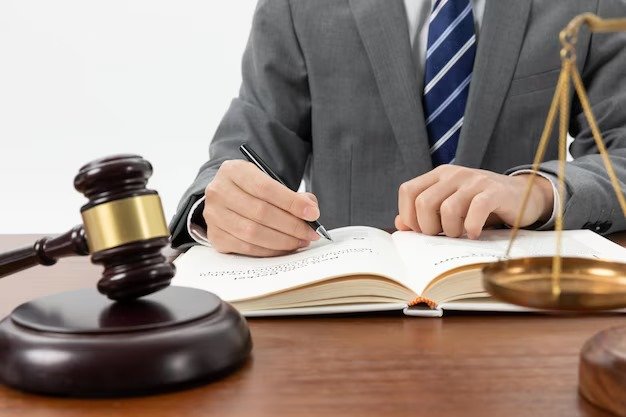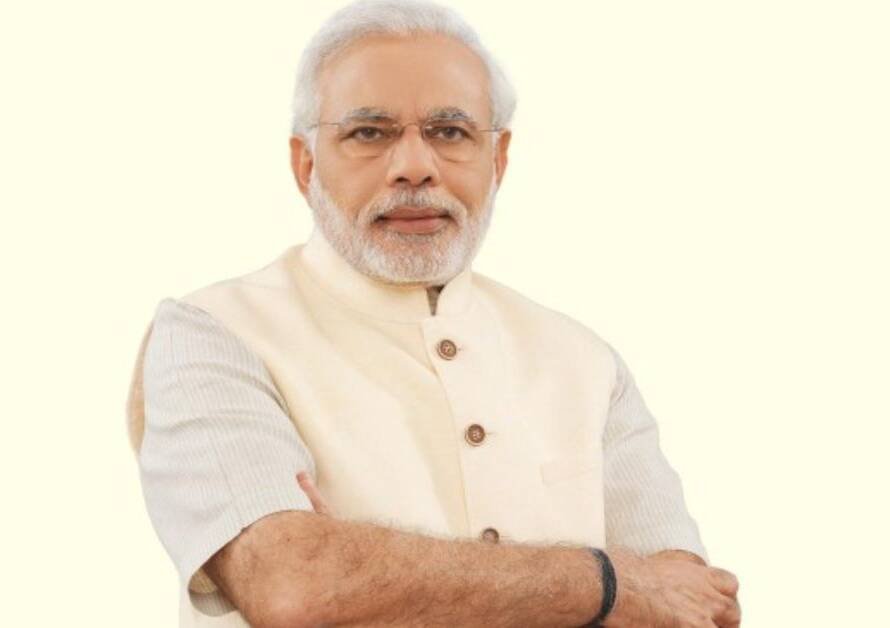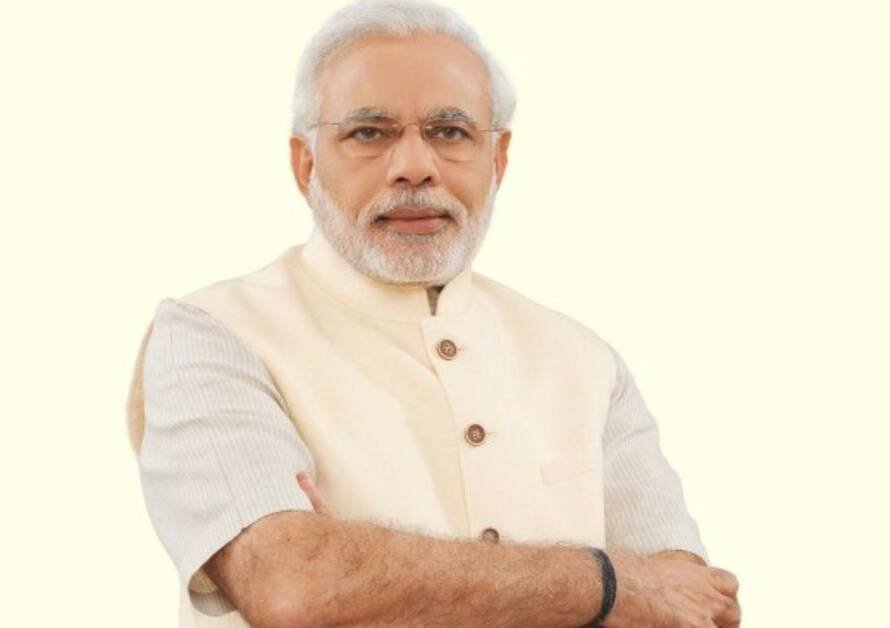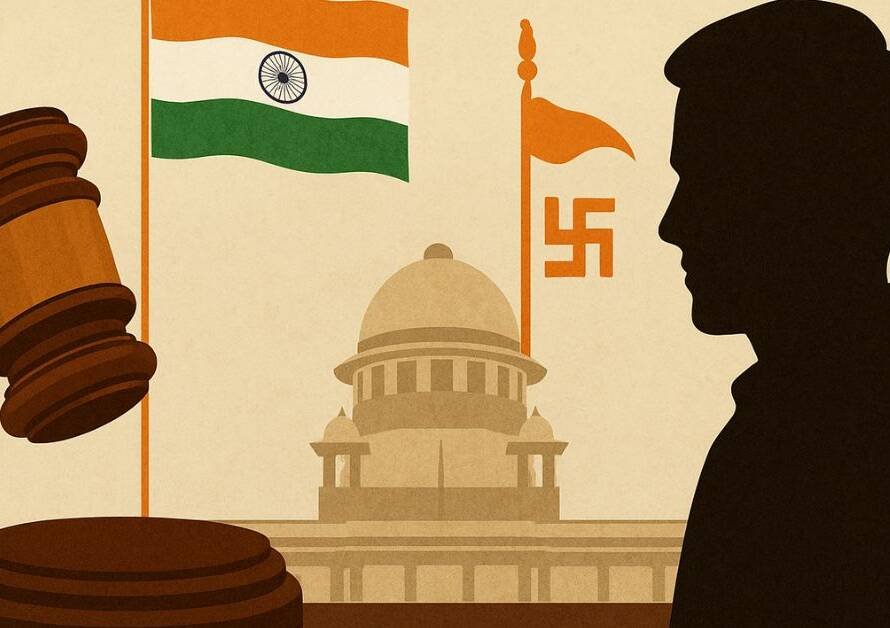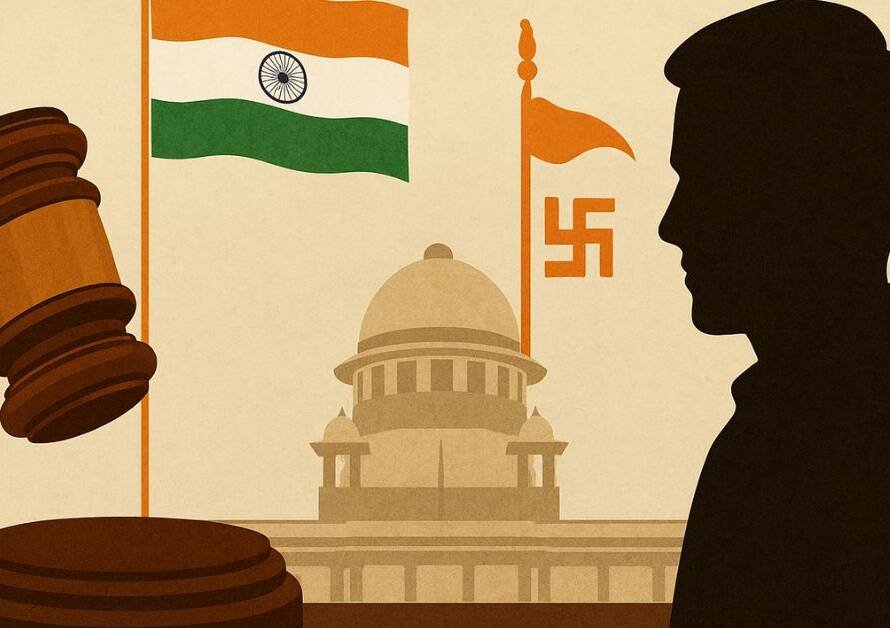The judiciary is considered the guardian of justice and truth. However, when serious allegations of corruption arise against those sitting in the temple of justice, the faith of the common people is shaken. Recently, a shocking incident surfaced where Delhi High Court Judge Yashwant Varma’s government residence was found stashed with a massive amount of cash. This revelation has sent shockwaves across the nation.
How Was This Exposed?
According to sources, a fire broke out at Judge Yashwant Varma’s official bungalow in Delhi. At that time, the judge was out of town. Concerned for their safety, his family called the fire brigade, and the police also arrived at the scene.
As the fire was being put out, officials discovered that an entire room was filled with cash. This led to chaos, and the matter quickly escalated to senior officials in the Delhi Police and the central government. Eventually, the case reached the attention of the Chief Justice of India (CJI) Sanjiv Khanna.
Supreme Court Collegium’s Decision – Just a Transfer as Punishment?
Following this major corruption discovery, the Supreme Court Collegium decided to transfer Justice Yashwant Varma from the Delhi High Court back to the Allahabad High Court.
But the real question is – Is this action enough?
1️⃣ If an ordinary citizen were found with such a massive cash stash, would a mere transfer be considered sufficient punishment?
2️⃣ Are judges in the judiciary above the law when it comes to corruption cases?
3️⃣ Will the Indian judicial system ensure strict action against corrupt judges, or will this case be buried like many others?
Law Must Be Equal for All – Judges Are No Exception!
The Indian Constitution clearly states that all citizens are equal in the eyes of the law. No one, whether a common citizen or a high-ranking judge, should be considered above the law.
🔹 Even High Court and Supreme Court judges must be held accountable under legal scrutiny.
🔹 Corruption and scams involving judges should be investigated impartially and thoroughly.
🔹 If found guilty, they must face the strictest punishment under Indian law, just like any other offender.
Is Transfer Alone a Just Punishment?
If a government officer, politician, or businessman were found with such a large amount of unaccounted cash, CBI, ED, and other investigative agencies would immediately launch an inquiry. However, when the accused is a High Court judge, the only action taken is a transfer.
⚠️ Doesn’t this prove that corruption within the judiciary is not taken seriously?
⚠️ Can the Supreme Court Collegium simply wash its hands off the matter by transferring the judge?
⚠️ Will Justice Yashwant Varma continue to sit in the Allahabad High Court and dispense ‘justice’ despite facing such grave allegations?
The Nation Demands Justice, Not Symbolic Actions
This is not just about one judge; it raises serious concerns about the transparency and integrity of the judicial system. If the judiciary itself is not free from corruption, how can it deliver justice to the people?
Our Demands:
✅ A fair and thorough investigation into Justice Yashwant Varma’s corruption case.
✅ The Supreme Court must clarify that merely transferring a judge is not the final action in this case.
✅ Judges involved in corruption should face strict legal consequences.
✅ CBI, ED, and other investigative agencies should independently probe corrupt judges.
✅ The nation must ensure that the law applies equally to all – judges included.
It’s Time to Wake Up, Speak Out, and Demand Justice!
If those sitting in the judiciary are treated as being above the law, how can ordinary citizens expect justice?
📢 The time has come for us to raise our voices against corruption and demand that the law be enforced equally – whether it be a judge, a politician, or a common citizen!
🇮🇳 Jai Bharat! Vande Mataram! 🇮🇳
For more blogs please visit www.saveindia108.in To join our application group please click on this link: https://chat.whatsapp.com/HxGZvlycYPlFvBO17O3eGW

